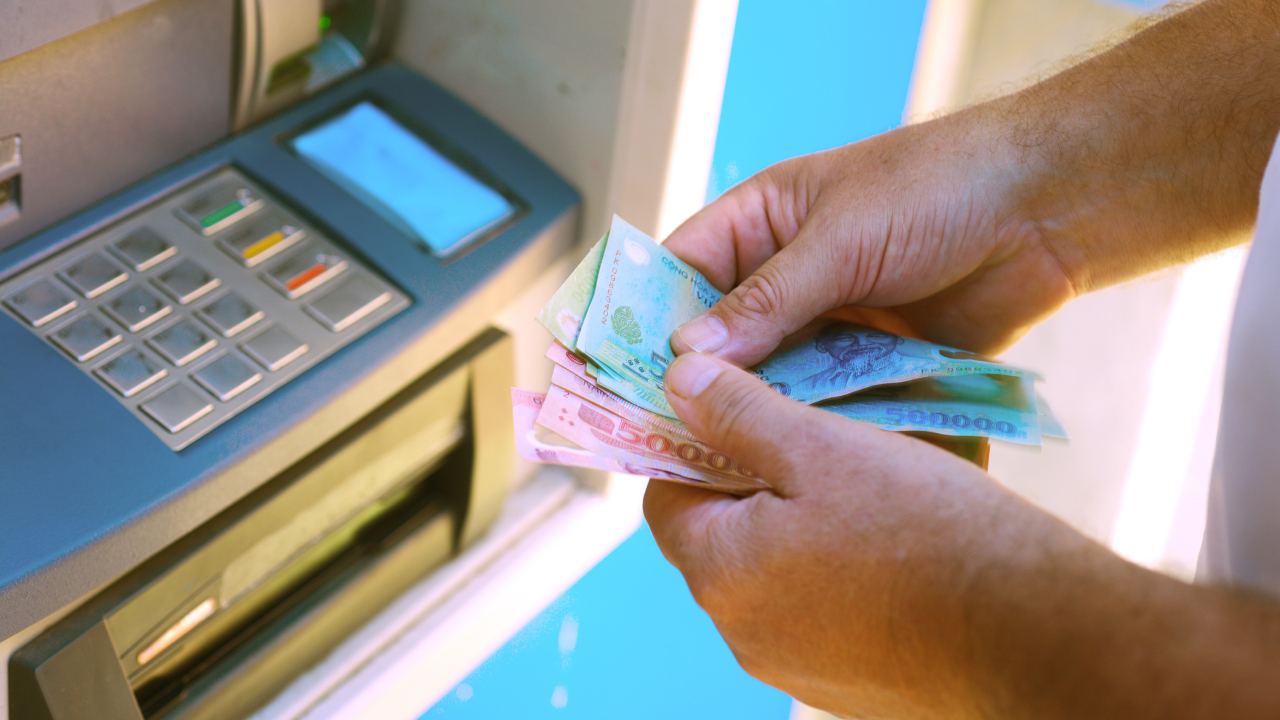Understanding the fees for exchanging foreign currency to Vietnamese Dong is important for traders as it can have a major impact on the exchange rate and the amount of money traders receive after the conversion.
In this article, we take a look at the different types of fees traders should know about when exchanging to VND
Why consider fees before going forward with currency exchange?
Many people new to currency conversion assume that currency exchangers and banks make profit by offering a higher than market conversion rate only, but that’s not always the case. There are a lot of different types of fees involved when it comes to currency exchange–in fact, that’s how most currency exchangers make profit.
The reason why it's so important to consider fees is because it can significantly affect the amount of converted currency one receives. There can also be times when a currency exchange place falsely advertises that they are offering the lowest currency exchange rate one can find– only to charge high fees that is equivalent to a high currency rate.
Different fees traders should consider when exchanging foreign currency to VND
Transaction fee
When traders are exchanging foreign currency to Vietnamese Dong, they should consider the transaction fees imposed by different currency exchange providers, banks, and forex traders.It is basically a fee taken by providers for initiating the currency conversion transaction.
Transaction fee can either be a percentage of the total currency amount being exchanged or a flat fee per transaction.
The fees can vary, depending on the currency exchange provider and this can impact the final cost of the currency exchange. As a result, it is important to take these fees into consideration when evaluating which currency exchange provider to go with.
Hidden costs
Apart from transaction fees, currency exchange providers may also charge additional hidden fees for the currency conversion. These costs can end up going unnoticed but significantly affect the total amount of Vietnamese Dong one gets after the conversion.
In some cases, currency exchangers may claim to offer lower exchange rates but then scam unsuspecting people by charging high additional fees without declaring it beforehand. As a result, it's very important for one to do their own calculations according to the currency exchange rate to ensure there are no hidden fees. It is also a good practice to go with licensed currency exchange bureaus.
Over-the-counter rate
Many currency conversion providers add a markup on their exchange rate and this is called the over-the-counter rate or OTC rate. This exchange rate is usually higher than the market rate and less favorable as it allows the conversion providers to profit from the currency exchange.
While most conversion providers have an OTC rate, traders should do their own research and compare the different OTC rates to find the most cost effective and favorable rates.
ATM withdrawal fees
People directly using ATMs to withdraw Vietnamese Dong should keep in mind that foreign banks can charge foreign transaction fees or cash withdrawal fees along with the currency exchange fee. Look into the fees associated with ATM withdrawals and check if the bank charges per withdrawal or according to the amount of money withdrawn. To minimize costs, one could limit the number of ATM withdrawals and use credit cards/ digital money transfers instead.
Local bank fees
When exchanging currency at a local bank, there may be additional fees involved. One should also inquire about any extra fees charged by local banks in order to get a clearer idea about the overall currency exchange costs.
Commissions
Some forex exchange platforms might also charge commissions over the transaction fees. Commissions can be a percentage of the trading volume or they can be a fixed fee. The exact fee will depend primarily on the commission structure of the forex broker.
Commissions are a very important part of trading costs and that is exactly why they should be carefully considered before moving forward with the trade. Comparing commissions with other brokers is crucial to ensure value for money. For traders who are planning to exchange high amounts of foreign currency to Vietnamese Dong, high commission fees can significantly impact their overall profitability.
Final words
Understanding all the different types of fees that are involved in exchanging foreign currency to Vietnamese Dong is important for traders to make the most out of the whole currency exchange process. With a better idea of the exchange fees, traders can make more informed decisions.
Though traders should know that they don’t need to exchange foreign currency to VND for trading the forex markets. Leading forex brokers can do the currency conversion for the traders to help them get started. Moreover, most forex brokers have USD or AUD as their default currency.
Sign up for a live account or try a demo account on Blueberry Markets today.
Disclaimer: All material published on our website is intended for informational purposes only and should not be considered personal advice or recommendation. As margin FX/CFDs are highly leveraged products, your gains and losses are magnified, and you could lose substantially more than your initial deposit. Investing in margin FX/CFDs does not give you any entitlements or rights to the underlying assets (e.g. the right to receive dividend payments). CFDs carry a high risk of investment loss.




